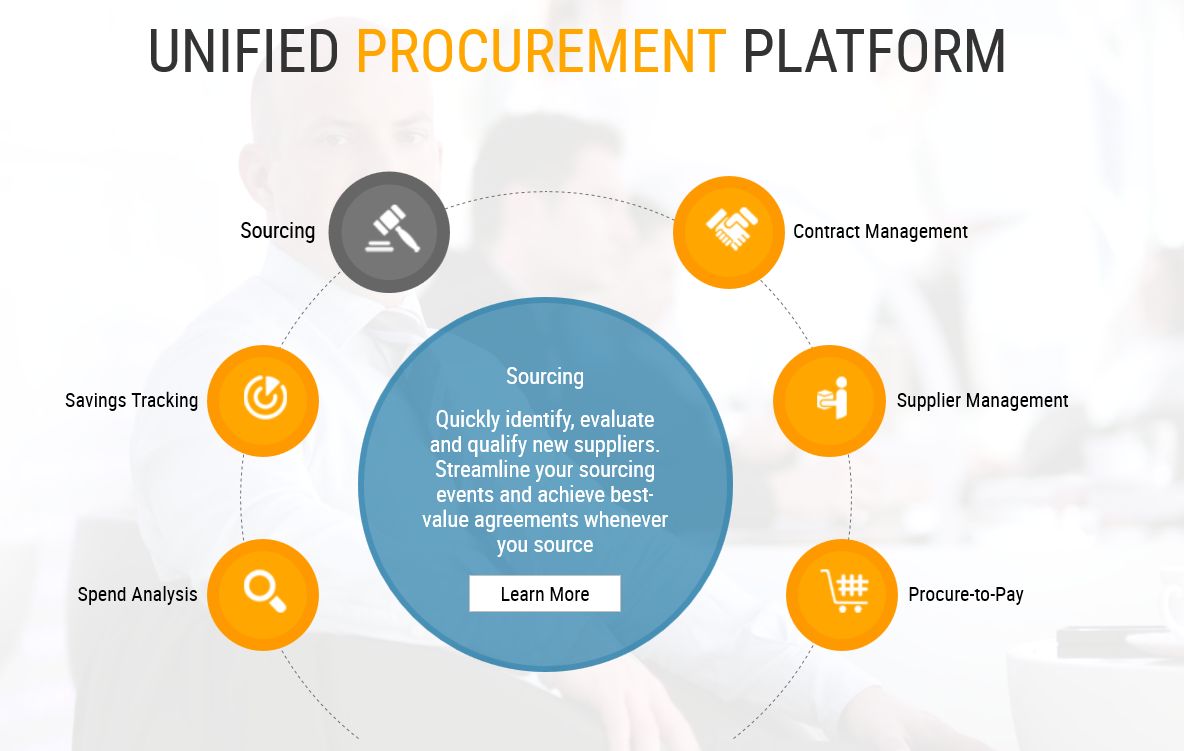By Gary Elinoff, contributing writer
Big Data and artificial intelligence (AI) go together like the proverbial hand in glove. The Internet of Things (IoT) collects vast amounts of data from jet engines, the power grid, and everything in between. Corporate databases and the information contained in medical records add to the vast treasure trove of digital knowledge. Modern AI programs, depending on their purpose, employ subsets of the available data in much the same manner that the human mind uses its storehouse of memories and experience, with past experience providing a basis from which new situations are evaluated. The new conclusions, too, become part of the knowledge base to be exploited thereafter.
There are two different aspects to modern AI programming: task-oriented AI and machine learning. As described in an article in Forbes, task-oriented AI solutions work by mimicking human thought processes to do a specific task, such as trading stocks or controlling a vehicle. Machine learning is a subset of AI in which machines are given access to the data and are expected to “learn” for themselves. A minor difference, perhaps, but an important one.
For both aspects, however, advances in AI programming have resulted in a rising number of practical applications providing performance increases that justify their use in commercial and consumer applications. Such applications span a wide range.
Examples of very practical AI programs for businesses
Business applications of AI are using it to help automate routine (and boring) tasks. Restless Bandit, for instance, is an example of a SaaS program that can help automate the hiring process for personnel departments. Job applicants can be matched to available jobs, screened, and scheduled for interviews. In this manner, time consuming, unpleasant emailing, telephone contacting and scheduling can be accomplished with very little overt human effort.
Smart by Gep is an AI program that automates the procurement process for purchasing departments. As illustrated in the picture below, it’s a unified procurement platform that automates much of the drudgery that used to take up the time of purchasing professionals.

AI for purchasing departments. Source: Smart by Gep.
The lithium intelligent agent
Medical applications are using machine learning to develop better diagnostic techniques and drug treatment planning. Researchers at the University of Cincinnati, for instance, are using artificial intelligence to choose the best possible treatment for patients with bipolar disorder. The Lithium Intelligent Agent (LITHia), as described in Electronic Products, has, among other things, predicted with 100% accuracy, which patients with bipolar disorder will respond with treatment with lithium.
Medical AI, of course, doesn’t differ from other types in its dependence on data. As Splice Machine’s Monte Zweben recently described it in TechRepublic, “the more electronic medical records a system sees that reflect dangerous sepsis events in hospitals, the better a system can predict them before they happen.”
Speech recognition
Perhaps one of the most important and exciting areas in technology today, is speech recognition. As the term implies, speech recognition is the process of an AI construct to not only understand human speech, but to act on it. The titans of information technology, including Apple, Google, IBM, and Microsoft are all fielding entries, in the form of Siri, Google assistant, Watson, and Cortana, respectively. And Amazon is offering its Alexa technology, made popular by its Echo devices, for use in a wide variety of consumer devices.
Google assistant deserves special attention, because of its intimate connection to Google’s ubiquitous search engine, and “assistant” is deliberately not capitalized, bringing home that message. It combines voice recognition with decades of results of countless Google searches, so once a word is recognized, its context can be exhaustively researched.
Google home is described in a blog authored by Google CEO Sundar Pichai. The device, thru Google assistant, enables voice control of every device in your home. Would you like to get some hands-on experience working with the nuts and bolts of Google assistant? Google has partnered with AIY Projects to build a voice kit that allows you to control a Raspberry Pi 3 processor with your voice, courtesy of Google assistant.
In the future, these and other AI technologies will multiply. It seems we’re only at the beginning of this life-changing technology.
Advertisement
Learn more about Electronic Products Magazine





